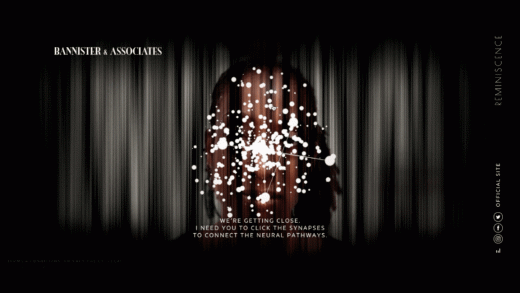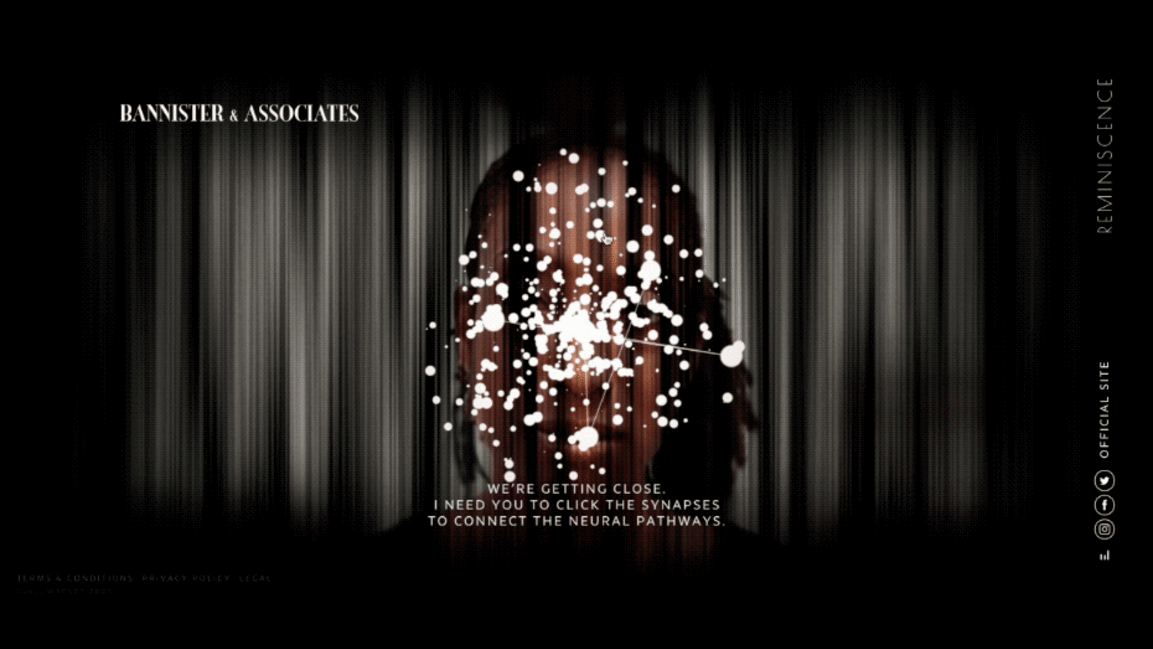This AI startup can deepfake your loved ones into stardom alongside Hugh Jackman
Ever thought how cool it would be to have a loved one star in a Hugh Jackman movie? In the new film Reminiscence, written and directed by Westworld cocreator Lisa Joy and out today in theaters and on HBO Max, scientist Nick Bannister (Jackman) discovers a way to let people relive their pasts. Thanks to the Tel Aviv-based artificial intelligence startup D-ID, the film offers a taste of how we may not be far away from being able to insert ourselves in a movie, whether to relive our past or fulfill a current dream.
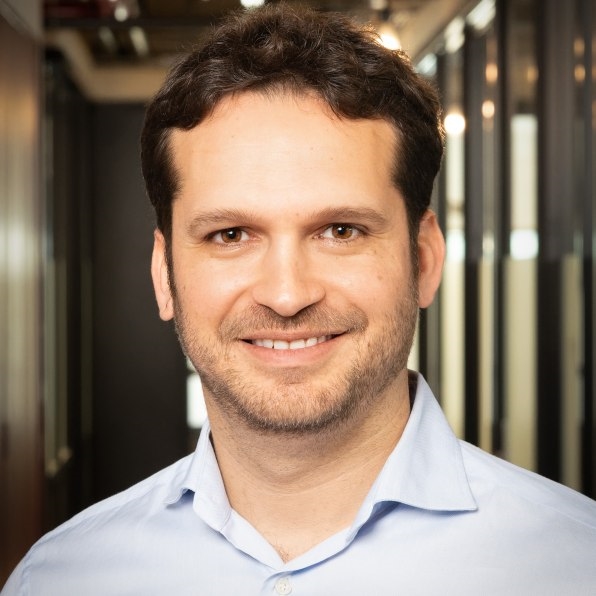
[Photo: courtesy of D-ID]
As this website powered by D-ID for the sci-fi film starring Jackman shows, deepfake technology allows viewers to upload a photograph and then see it come to life in a personalized trailer. “It’s a new kind of experience,” said D-ID CEO and cofounder Gil Perry of the concept behind the AI-generated, personalized trailers. “The audience can engage and kind of feel the emotions of being inside the experience, the movie.” Then, of course, they can share that experience—and help market the film—by posting the trailer on social media.
Research shows, according to Perry, that personalized digital marketing campaigns like the one for Reminiscence are increasing in number because they can drive box-office ticket sales. Indeed, the move marks a new step in movie marketing as fewer people are making their way into theaters—thanks to COVID-19—where they would ordinarily see trailers before the main attraction. Now technology such as D-ID’s can take audience engagement and personalization to new heights. Unsurprisingly, Perry, who founded D-ID in 2017 with COO Sella Blondheim and CTO Eliran Kuta, says that other studios are in talks with the company to work on similar marketing campaigns.
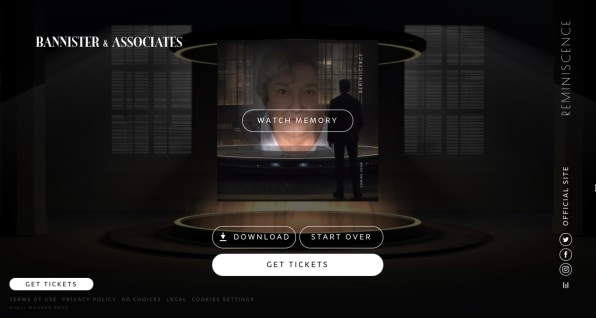
Movies are just one way that D-ID is using AI to reshape the future of digital images. The company made headlines when it partnered with genealogy platform MyHeritage, allowing people to create videos from photographs of deceased relatives. That foray into resurrecting the past raised ethical questions around the fact that the dead have no say in how their images are being manipulated (and many thought the overall effect was creepy), but Perry insists it’s all in the name of trying to “Harry Potterize” the world; i.e., make ordinarily static images and relics not just more entertaining but also educational and useful.
Perry says he hopes to one day be able to use deepfake technology to create a full-length feature film, for which artificial intelligence would be used to create a scene of, say, James Bond jumping from a building and other full-body reenactments. He notes that AI tech can already be used in pre- and postproduction. “We can animate and bring to life things that are not real humans, but animals, cartoons, paintings,” he says. “So it really helps save money for preproduction, when filmmakers are not really sure what the movie is going to look like.” These efficiencies have become all the more valuable during COVID-19 in that they also allow filmmakers and actors to create films even when they can’t all be together in one location.
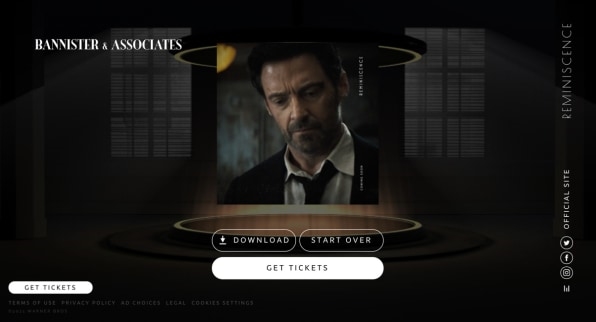
D-ID’s origins are in privacy protection, providing businesses with technology to de-identify photos by removing sensitive biometric data and personally identifiable information from facial images. A D-ID-protected photo looks no different to the human eye but cannot be decrypted or reverse-engineered, protecting people from data breaches. Only recently did the company venture into entertainment with the Israeli documentary Reasonable Doubt, released earlier this year. The movie is about the possible wrongful conviction of a man in jail for murder, and the police officer involved (the film’s main character, as it were) did not wish to be identified. So rather than blur his face for the duration of the film, D-ID got involved and swapped the man’s face for that of an actor. All of the police officer’s facial movements remained true to him, but not to the point that he’s recognizable.
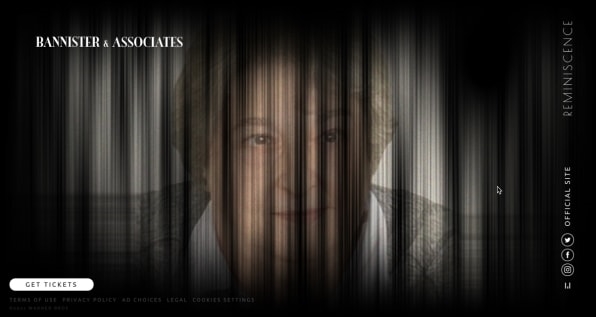
Perry sees endless opportunities for D-ID’s technology. In collaboration with Kraft/Mondelez International, the company recently designed a campaign in Vietnam for mooncakes, a delicacy enjoyed during that country’s Mid-Autumn Festival. D-ID created a website that allowed people to upload a family photo that was then brought to life alongside a Kraft mooncake. “So you’d have a nice family photo with the brand and the cake for the holiday,” Perry says.
Another new avenue of exploration is museums. D-ID is in discussions with art institutions to create experiences that would bring exhibits and art to life. For example, a visitor could upload a QR code associated with a work of art and watch the artist explain the piece, as in this prototype video featuring Frida Kahlo. The innovation would be particularly entertaining and educational for children.
“What we offer companies or businesses is the ability to create meaningful, creative reality experiences,” Perry says. “We give them the tools to do things they couldn’t do before—creative things that can engage an audience.”
Fast Company , Read Full Story
(23)

